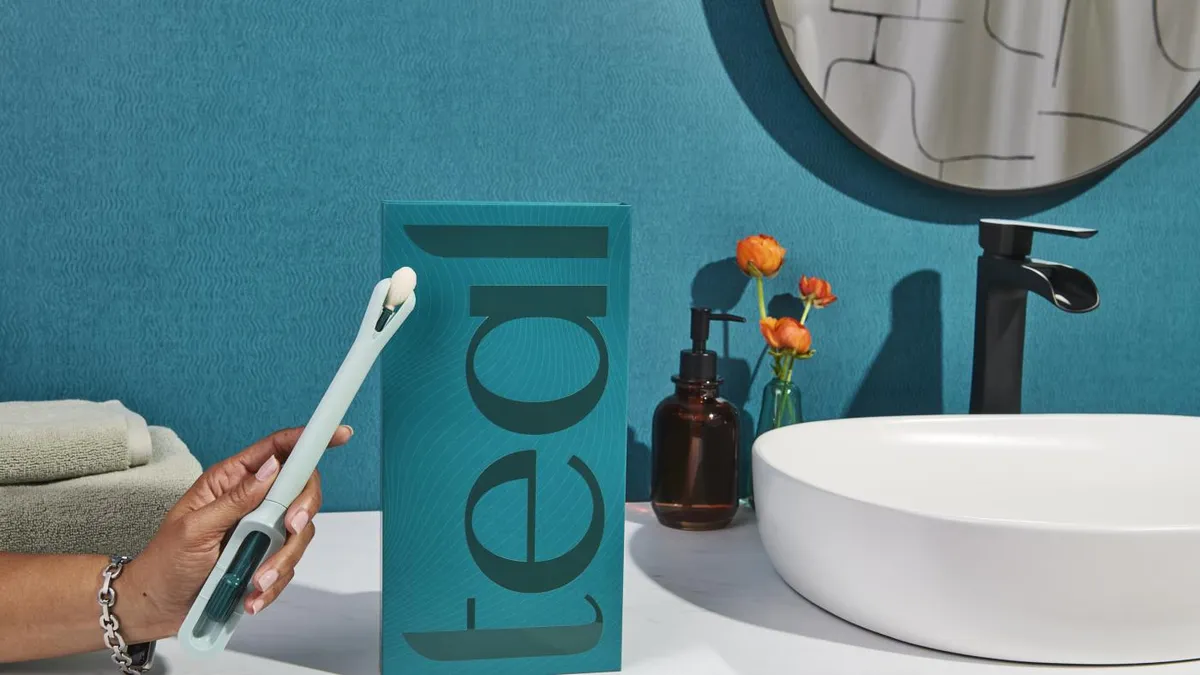
The Food and Drug Administration (FDA) has made a groundbreaking decision by approving the first-ever at-home alternative to the traditional Pap smear, a procedure that has been a source of anxiety and discomfort for generations of women. This innovative device, developed by Teal Health, promises a more user-friendly experience while aiming to increase cervical cancer screening rates by enhancing convenience for women.
Traditionally, cervical cancer screenings involved gynecologists using a cold metal speculum to collect cells from the cervix, a process that many women found invasive and painful. However, the Teal Wand, as the new device is called, employs a swab to gather a vaginal sample, which women can conveniently mail to a laboratory for testing. The lab will screen for HPV (human papillomavirus), the virus responsible for nearly all cases of cervical cancer.
A growing body of research supports the effectiveness of HPV testing, indicating that it is highly accurate. The recent FDA approval follows a comprehensive study conducted in the U.S., which demonstrated that at-home screening is as effective as in-office procedures. Notably, the study revealed that women overwhelmingly preferred the option of self-screening at home, expressing a greater likelihood of keeping up with their cervical cancer screenings through this method.
Each year, approximately 13,000 cases of cervical cancer are diagnosed in the United States, leading to more than 4,000 fatalities. While cervical cancer rates have significantly declined since Dr. Georgios Papanicolaou introduced the Pap smear in 1943, about a quarter of women in the U.S. are still overdue for screenings. Medical experts emphasize that improving screening rates is essential to achieving the ultimate goal of eliminating cervical cancer.
There is also a concerning racial disparity in cervical cancer outcomes, with Black and Native American women facing a higher mortality rate compared to their white counterparts. Since the introduction of the HPV vaccine for preteens and teenagers in 2007, there has been a global effort to combat this disease. At-home cervical cancer screenings have already gained traction in several countries, including Australia and Sweden.
Teal Health is set to launch its self-testing device next month, starting in California and expanding thereafter. The device will be available by prescription through a telehealth service, catering to women aged 25 to 65 who are at average risk. The company is actively collaborating with insurance providers to ensure coverage for this innovative screening option, making it more accessible to those in need.